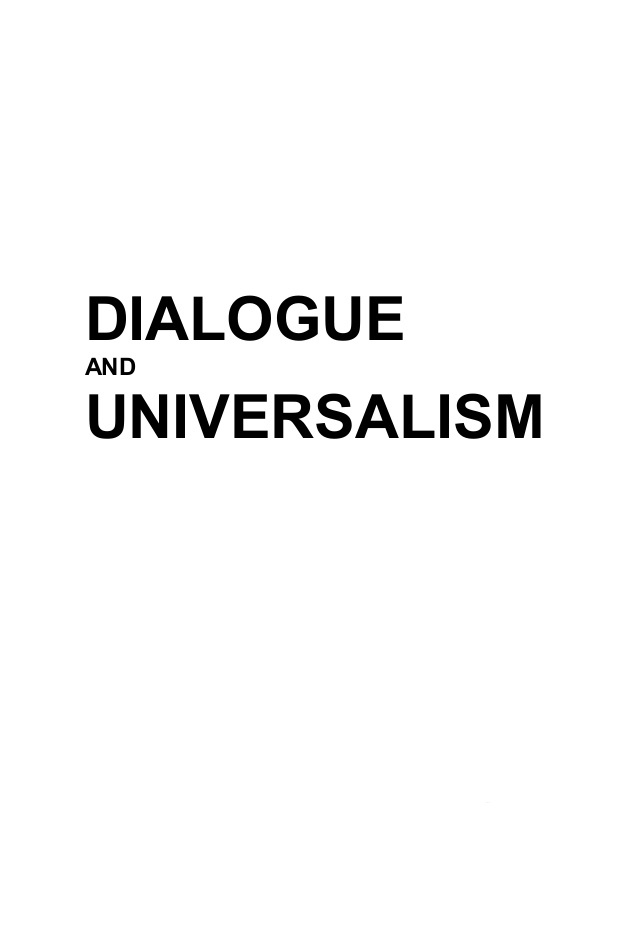IDEAS AND PRINCIPLES IN IMMANUEL KANT’SCRITIQUE OF PURE REASON
IDEAS AND PRINCIPLES IN IMMANUEL KANT’SCRITIQUE OF PURE REASON
Author(s): Marek MaciejczakSubject(s): Philosophy
Published by: Instytut Filozofii i Socjologii Polskiej Akademii Nauk
Keywords: Kant; regulative principles; system; knowledge; science.
Summary/Abstract: In his response to the question about the conditions of the possibility of dependable cognition Kant first points to the faculties of the cognitive powers and subsequently lists the criteria and normative foundations of knowledge—a system of forms, concepts and principles. Kant primarily seeks the possibilities of experience-independent cognition, the logical criteria governing the possibility of cognition as such. The paper outlines the creation of the systemic union of the primal concepts and principles of pure reason, which is necessary for the creation of knowledge. In other words, it follows the constitution phases of the cognition system: apperception, experience, self-consciousness and the principles of reason. The principles of reason ultimately give systemic unity to human cognitive powers—and, in effect, the human world of experience and cognition. It is this systemic unity which makes cognition science—or, in other words, pure reason— as it constitutes a specific system and is able to create science understood as the systemicunity of specific fields.
Journal: Dialogue and Universalism
- Issue Year: 2013
- Issue No: 2
- Page Range: 161-180
- Page Count: 21
- Language: English
- Content File-PDF

